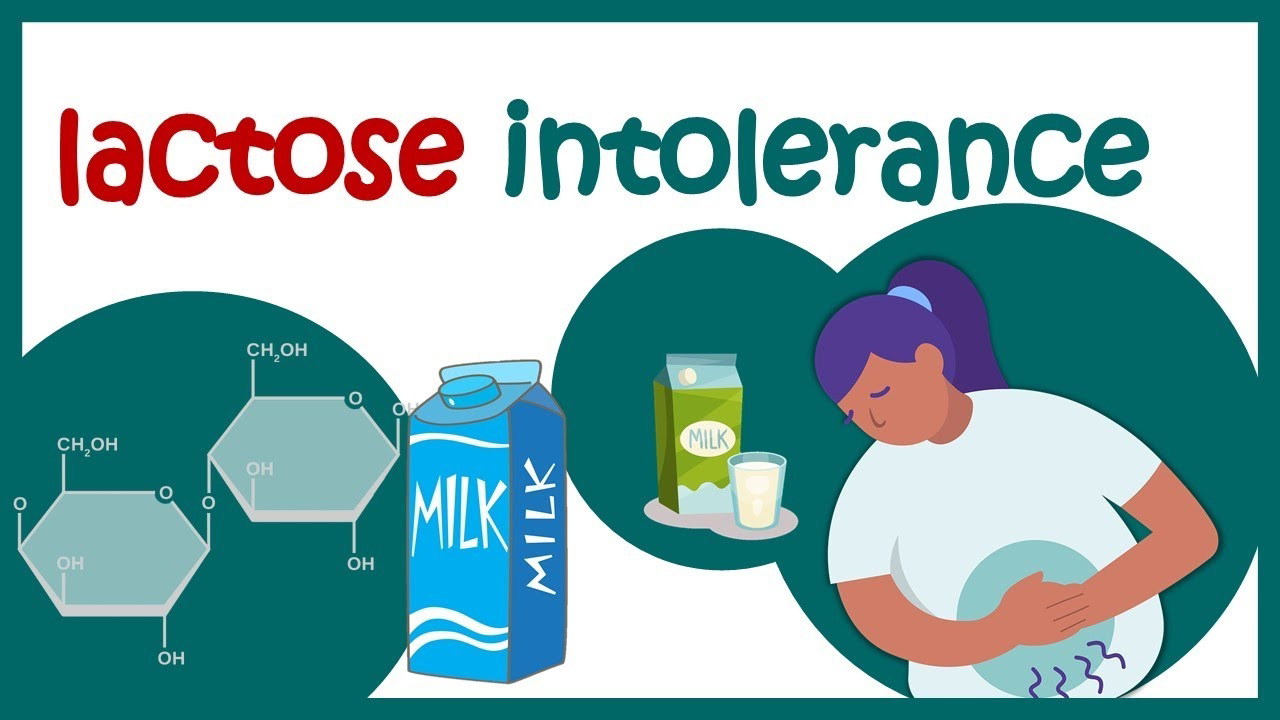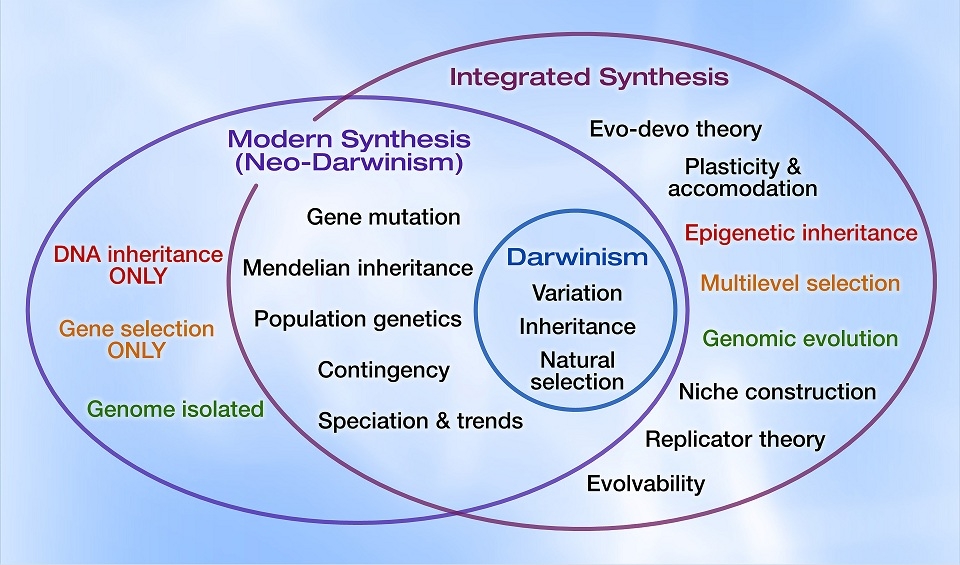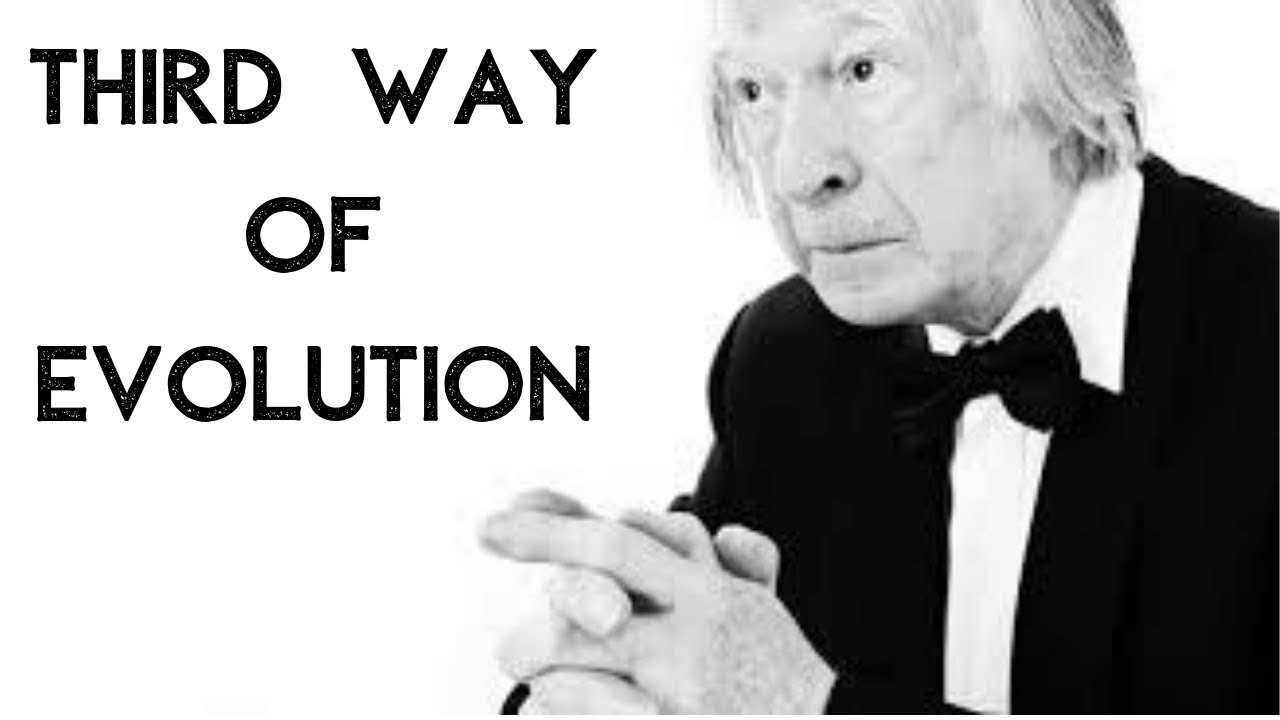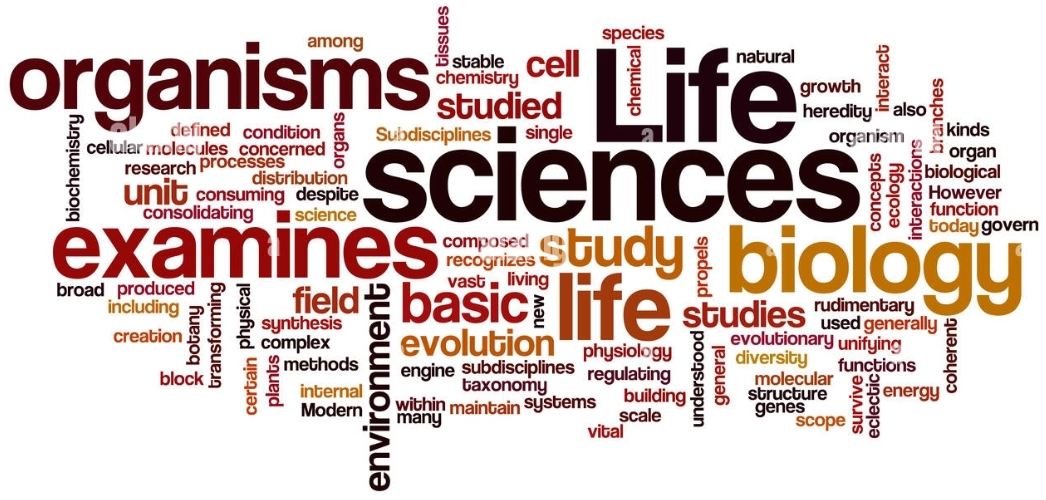Epigenetics explains Lactose Intolerance without Darwin

The article "Lactase nonpersistence is directed by DNA-variation-dependent epigenetic aging" by Labrie et al. (2016) investigated the epigenetic factors that contribute to lactase nonpersistence. Lactase nonpersistence is the inability to digest lactose, a sugar found in milk. This is a common trait in adult mammals, except in certain human populations that exhibit lactase persistence. The researchers found that epigenetic changes, which are chemical modifications to DNA that can affect gene expression, play a role in lactase nonpersistence. Specifically, they found that the LCT gene, which encodes the lactase enzyme, accumulates certain types of epigenetic marks with age in lactase nonpersistent individuals. These marks silence the gene, leading to a decrease in lactase production. The researchers also found that the DNA sequence of the LCT gene can influence the rate of epigenetic aging. Individuals with a certain DNA variation at the LCT gene are more likely t...






